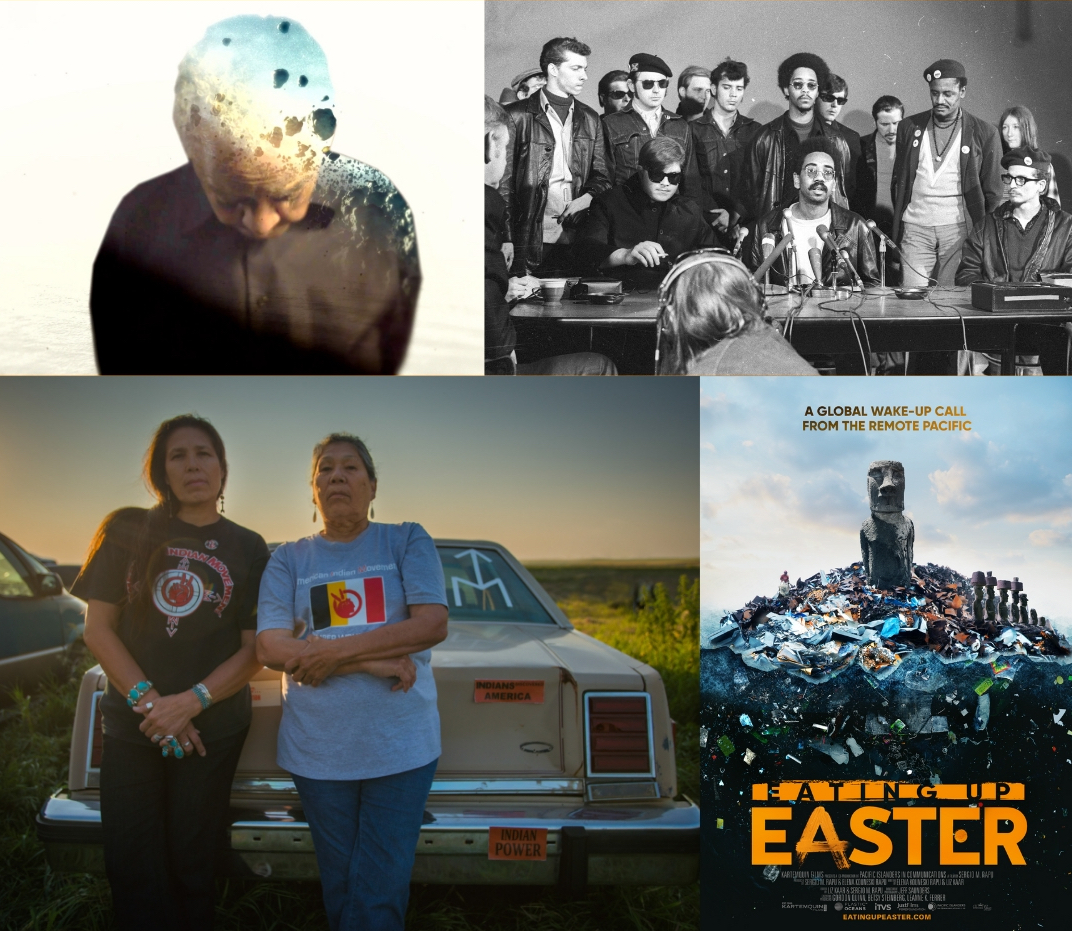A few weeks ago, a group of activists and scholars of environmental justice met at The Franklinton Center at Bricks for the 17th annual North Carolina Environmental Justice Summit. The former slave plantation and early African American school in Whitakers, NC that has been repurposed as a training, retreat, and educational center for social justice, made for a profound setting for the opening night screening of Come Hell or High Water: The Battle for Turkey Creek by Leah Mahan. Fifty participants gathered to watch and discuss the painful but inspiring story of Derrick Evans and the community of Turkey Creek on the gulf coast of Mississippi, which battled powerful developers and myopic politicians in an effort to save their community’s land, history, and culture.
Encapsulating pertinent issues of environmental racism, land loss among African American communities, urbanization, and lack of political recognition, the story of Turkey Creek parallels the story of many communities in North Carolina who have organized and come together in struggles for environmental justice. The goal for the screening was to help community members and advocates consider new ways to address environmental justice and land loss prevention.
Local and long standing environmental justice organizers Omega Wilson of West End Revitalization Association (WERA); David Caldwell with Roger Eubanks Neighborhood Association (RENA) and Coalition to End Environmental Racism (CEER); and Omari Wilson with The Landloss Prevention Project and the EJ Network facilitated the audience discussion.
The film elicited cheers, applause, outrage, and even some laughter was heard when Derrick Evans teases the young person working in the Boston community garden for pulling the collard greens rather than the weeds. During the question and answer session, the audience talked about issues like urbanization and the encroachment of development into their rural lands. David Caldwell reflected that Turkey Creek could be replaced with his community of Roger’s Road scene-by-scene. Others empathized with the destruction and loss of family land. Many audience members identified with the invisibility of their communities in the eyes of local politicians who “didn’t even know their community was there.” One person asked if we had “ever heard of Shiloh?” a town near Cary that “used to be there.” She pointed out that Turkey Creek could have easily disappeared like Shiloh had it not been for the commitment and ingenuity of Evans’ fight.
Meanwhile, another environmental justice screening of Come Hell or High Water took place at the 25th annual Gullah/Geechee Seafood Festival at the Hunting Island Nature Center in South Carolina on October 25. This event is part of the larger Gullah/Geechee Heritage/Awareness Month celebrating the living traditions of the Gullah/Geechee nation, descendents of blended African ethnic and Indigenous groups that have lived on the barrier islands and coasts of North and South Carolina, Georgia, and Florida since chattel enslavement. The Gullah/Geechee work to preserve cultural heritage and food security, fight displacement due to development and destruction of coastal lands, and advocate for self-determination through various projects like the Sea Island Coalition and the Fishing Association.
Head of state and official spokesperson of the Gullah/Geechee, Queen Quet reported that the screening had standing room only and that, “People loved it and were deeply curious about what has happened to Turkey Creek since the making of the film.” Many expressed outrage at the ubiquity of displacement, landloss, development, and environmental injustice along the southern coasts from North Carolina to Mississippi and Louisiana. Queen Quet plans to continue using the film to engage more members of her community on how to protect their communities and lands.
Given its accessibility, locality, humanity, and the ways in which it cuts to the core issues of environmental injustice and gives communities a chance to respond, Come Hell or High Water: The Battle for Turkey Creek is becoming an important tool in the fights against environmental racism and landloss in the South. Future screenings are in the works including one with a coalition of professors at NC State and UNC Chapel Hill who are planning a screening and discussion with the filmmaker and local Environmental Justice activists in January.








